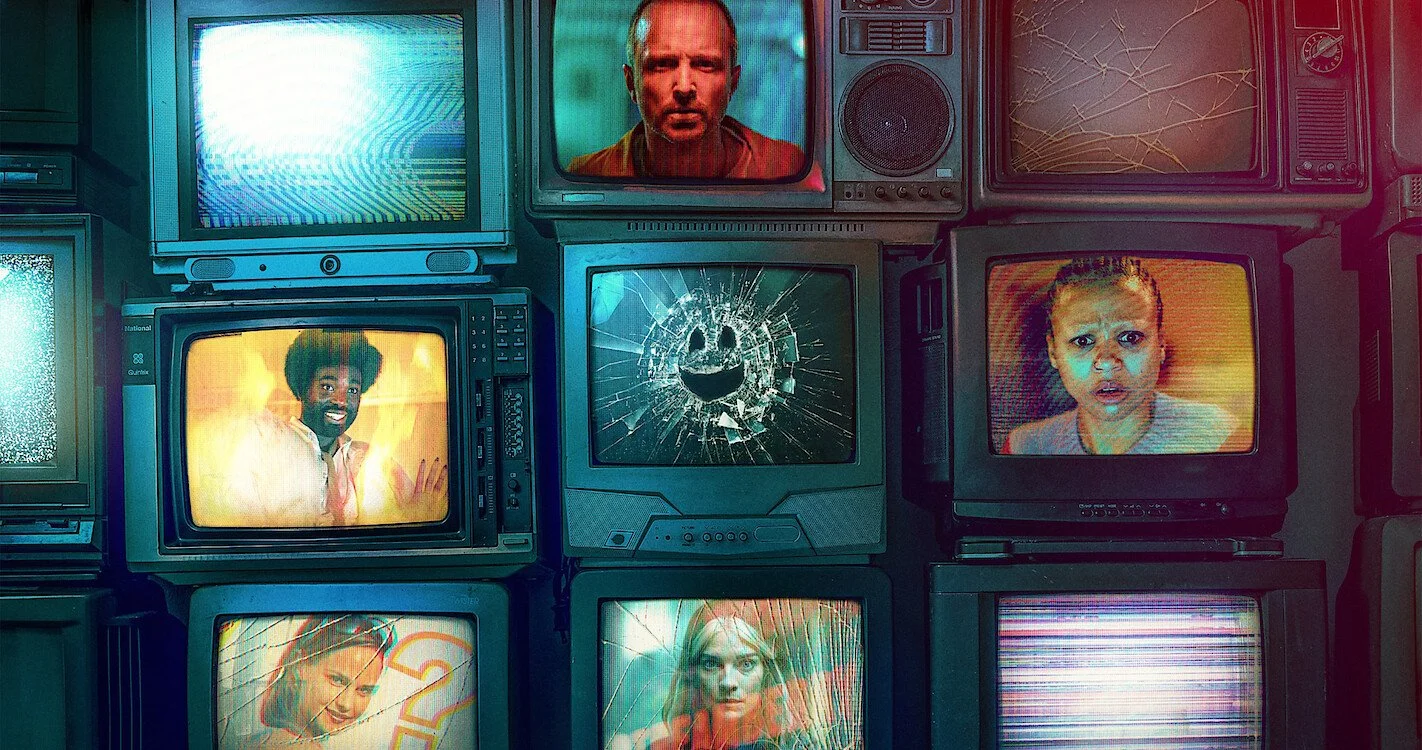To quickly outline the general story, "Watchmen" is set in an alternate history where costumed vigilantes emerged as a national fad around the 1940s-60s, enabling the US to win the Vietnam War. By the 80s they've been outlawed and either have retired or work for the government (as in the case of Dr. Manhattan, the only character who possesses actual superpowers). The comic begins with the unresolved murder of one infamous member of the old superhero order, leading other ex-heroes out of retirement as they independently investigate a possible conspiracy linked to their former colleague’s death. This is all set against the national backdrop of the Cold War, with the looming possibility of a nuclear World War III with the Soviets hanging over the American government and public consciousness. As with all great stories, the main thrust of the narrative is the characters' personal struggles and flaws, which at the time was a fairly unorthodox approach to the superhero genre (if this is even a superhero story at all - more on that later).
There's a certain pace and structure afforded to this story by the comic book format that can’t be replicated in a film, and that's especially apparent in the way Moore develops his characters and wider world of the comic between the main plot beats. Each issue is bridged by prose interludes that vary in their relationship to the main narrative: some are fictional news articles, interviews, or book excerpts directly involving the central characters, while others are purely allegorical side vignettes or stories-within-stories (such as the harrowing pirate comic "Tales of the Black Freighter") that nonetheless add richer texture to the novel's main themes and etch in the characters' pasts without breaking the narrative momentum.
While I thoroughly enjoyed Watchmen's main story, it's these interludes that were my favorite part of the comic, in part because of how ingeniously they utilized the medium to expand the lore, but also simply for their staggering writing quality. Moore has an uncanny ability to write these external passages in exactly the manner their fictional authors would in their profession (whether it’s an academic journal about owl behavior, or a jingoistic right-wing news publication), while also managing to lend a refined eloquence to the words across every single one of them. Watchmen has such a wide and diverse cast of different narrative voices throughout its story that it's often hard to believe that it all came from the mind of a single writer. I consider this palpable ensemble quality to be the novel's most impressive feat.
As for the main story itself, it too is difficult to box in, but one thing Watchmen certainly isn't is a "superhero comic." It's readily apparent on every page of the book that Moore is approaching the superhero concept strictly as a commentary on Cold War-era American attitudes, and the way the character development rests on exposing the so-called heroes' various flaws and vulnerabilities is clearly a concerted effort to deconstruct the savior mentality that overcame so much of American politics in the 1980s. (Moore himself has explicitly said the book isn't a work of anti-Americanism, but anti-Reaganism.) That said, each issue of Watchmen still has a welcome amount of genre flair, whether that genre is science fiction, conspiracy thriller, or bare-bones human drama. The book's colorful cast of characters, well-paced and continually intriguing narrative, and Dave Gibbons’ gorgeously detailed artwork all ensure that it remains at its core a tremendously entertaining read, which puts the story's bleaker postmodern sensibilities into even sharper relief.
My favorite parts of Watchmen's "actual" story were the chapters focused on Dr. Manhattan, which juxtaposed the book's most overt superhero element with its most intimate, authentically human writing and characterization. With a hulking, glowing, naked, blue-skinned man who possesses literally godlike abilities and exiles himself to Mars to ruminate on the quaintness of the human condition, Moore could have easily lapsed into tired tropes and pseudo-intellectual philosophy to illustrate Manhattan's awesome power and elevated intelligence. However, Manhattan is in fact the book's most original, richly rendered character who undergoes his own profound emotional arc over the course of the storyline. The two issues that focus on him make brilliant usage of flashbacks and non-linear storytelling to craft a surreal, heartbreaking portrait of a man imprisoned by his own freedom, at once removed from and desperate to feel the weight of mankind's tiny, earthly concerns. Moore's dialogue writing is at its all-time best in these sections, especially once the character of Laurie/Silk Spectre is brought to Mars to help Manhattan rediscover the value of human life while at the same time coming to terms with her own fraught past. In a strange and accidental way, the Manhattan chapters also provide prescient insight on the nature of isolation amidst world chaos, a struggle thrust upon all of us by the ongoing COVID pandemic.







